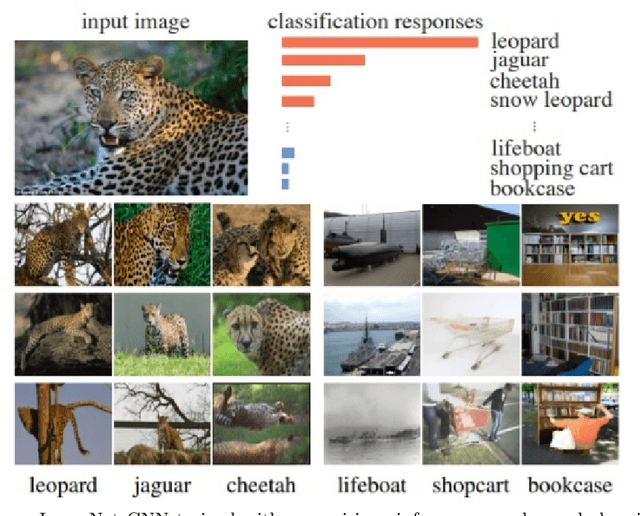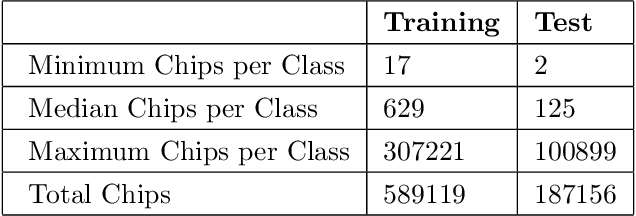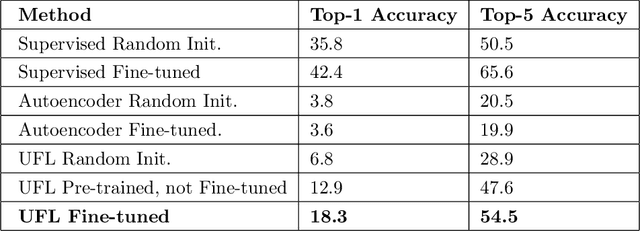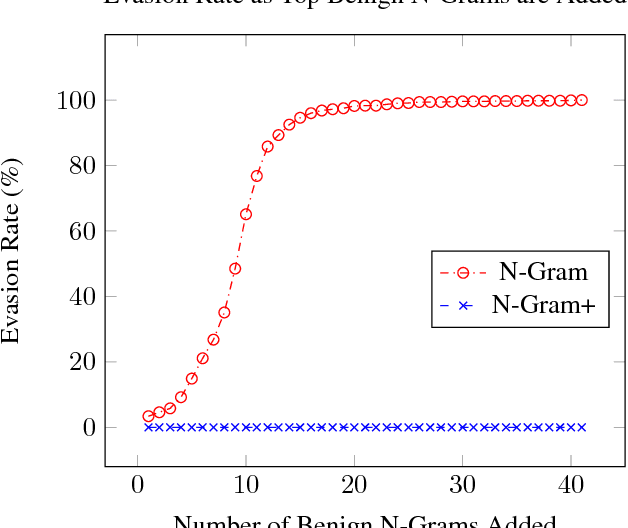Steven Forsyth
Unsupervised Feature Learning in Remote Sensing
Aug 07, 2019



Abstract:The need for labeled data is among the most common and well-known practical obstacles to deploying deep learning algorithms to solve real-world problems. The current generation of learning algorithms requires a large volume of data labeled according to a static and pre-defined schema. Conversely, humans can quickly learn generalizations based on large quantities of unlabeled data, and turn these generalizations into classifications using spontaneous labels, often including labels not seen before. We apply a state-of-the-art unsupervised learning algorithm to the noisy and extremely imbalanced xView data set to train a feature extractor that adapts to several tasks: visual similarity search that performs well on both common and rare classes; identifying outliers within a labeled data set; and learning a natural class hierarchy automatically.
Non-Negative Networks Against Adversarial Attacks
Jun 15, 2018



Abstract:Adversarial attacks against Neural Networks are a problem of considerable importance, for which effective defenses are not yet readily available. We make progress toward this problem by showing that non-negative weight constraints can be used to improve resistance in specific scenarios. In particular, we show that they can provide an effective defense for binary classification problems with asymmetric cost, such as malware or spam detection. We also show how non-negativity can be leveraged to reduce an attacker's ability to perform targeted misclassification attacks in other domains such as image processing.
 Add to Chrome
Add to Chrome Add to Firefox
Add to Firefox Add to Edge
Add to Edge